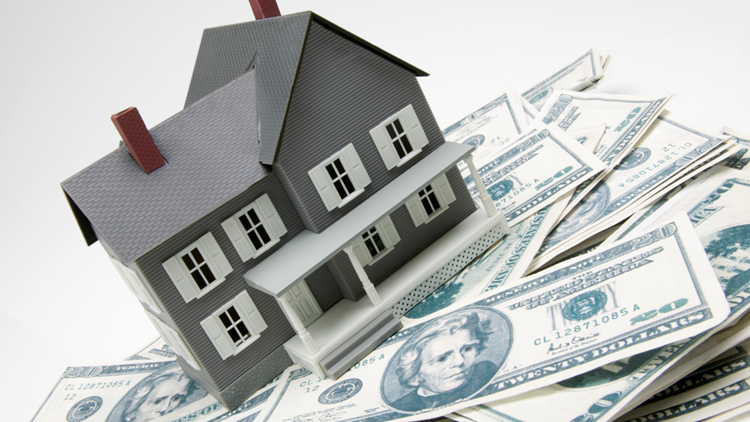ALBANY - Gov. Andrew Cuomo wants to make the property-tax cap permanent in 2019, but he will face pressure from powerful special-interest groups and a new state Legislature who may not support his proposal.
The cap is one of Cuomo's top legislative achievements because it has slowed the growth of property taxes in New York, which has among the highest taxes in the nation.
As part of his 2019 agenda, Cuomo pledged to make the cap permanent. It expires in 2020, but is legally tied to rent-control laws, which end in June.
In a speech Dec. 17 laying out his priorities, Cuomo appeared to tie making the tax cap permanent to another issue important to Democrats: keeping higher taxes on the rich.
"Our state tax code is more progressive today than it has ever been. We must maintain our millionaire's tax, also make permanent our two percent cap on the regressive local property taxes," Cuomo said.
Cuomo got the state Legislature to install the tax cap in 2011, his first year in office. It has worked has he intended: School taxes went up on average 5 percent a year prior to the cap. Now it's limited to less than 2 percent growth annually.
Democrats will control the state Legislature in January, and the powerful teachers' union in particular may look to chip away at some of the provision of the cap.
About that cap
The cap limits the growth in property taxes for all local governments and school to 2 percent a year or the rate of inflation, whichever is lower.
The tax can be overrode by a 60 percent vote by a municipality's governing board or by 60 percent of voters during school budget referendums each May.
The cap has been difficult for schools to pierce: The public rarely approves an override.
School groups have wanted to do away with the 60 percent supermajority provision and instead only require a simple majority to override the cap.
They have also sought to get rid of tying the cap to inflation, because in some years the cap hovered at 1 percent or less, severely limiting governments' ability to raise revenue for their budgets.
"Our position has not changed," Carl Korn, spokesman for the New York State United Teachers union, said.
"The tax cap is arbitrary and undemocratic. It unfairly limits the ability of local communities to decide for themselves how much to invest in their own local schools.”
Cuomo stands pat on cap
Cuomo has been steadfast in opposing any wholesale changes to the cap, and his efforts were supported by Republicans who held the Senate majority -- who also pushed for the cap to be made permanent, but didn't win support from the Democratic-led Assembly.
The cap has been extended in the past, but never made permanent.
The issue will come up again this year because making the cap permanent could be a bargaining chip for Cuomo in what will be a fight over reforming rent-control laws in New York City and its suburbs.
"It’s an issue that we’ll discuss with our members in January," said Michael Whyland, a spokesman for Assembly Speaker Carl Heastie, D-Bronx.
In 2015, a Siena College poll showed 70 percent of New Yorkers supported the cap, and it has been defended by upstate and suburban lawmakers where property taxes are most pronounced.
Cuomo said the cap is important, especially because the federal government is limiting state and local income-tax deductions to $10,000 a year in 2019, called SALT.
The Democratic governor also hinted at looking to lower taxes next year.
"We will fight SALT to the death, and I will once again propose cutting taxes for our hardworking middle-class families," he said Dec. 17.
What's next
Some upstate counties, including in the Rochester area, pay among the highest property taxes in the nation compared to home values.
The New York City suburbs, meanwhile, including the lower Hudson Valley, pay among the highest property taxes total in the country.
Incoming Senate Democratic Leader Andrea Stewart-Cousins, D-Yonkers, has stressed in recent weeks that she's a suburban lawmaker who acutely understands the issue of property taxes in New York.
She has already ruled out raising taxes on New York, despite calls from incoming members to raise taxes on the wealthy.
If Cuomo can make the tax cap permanent, it would be a major part of his legacy as governor, said E.J. McMahon, president of the Empire Center for Public Policy, a fiscally conservative think tank in Albany.
McMahon has applauded the cap's ability to control taxes and has warned against efforts to water it down.
"The best possible result is that he stands firm against any change and he insists that it be permanently enacted," McMahon said.



